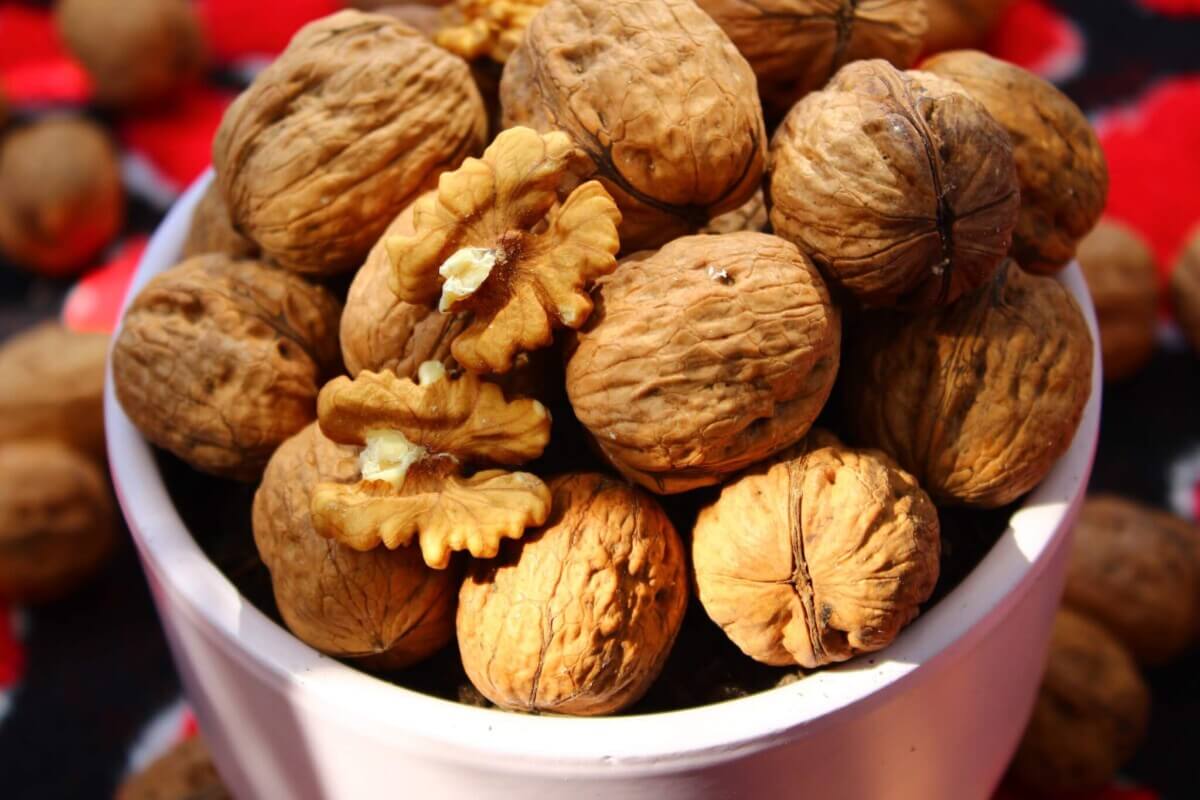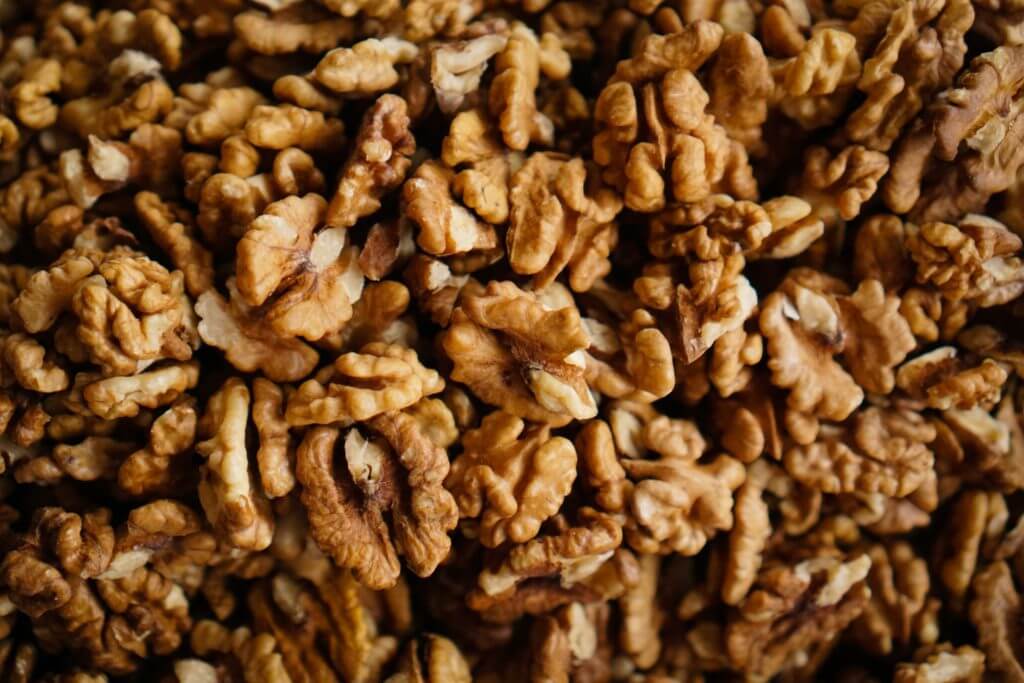
(Photo by Mustafa akın on Unsplash)
LUBBOCK, Texas — Researchers from Texas Tech University find that the heart-healthy benefits of walnuts might just come from how they impact the gut. Specifically, scientists found that the tasty snack improves heart function by first creating a healthier balance of beneficial bacteria.
“Research has shown that walnuts may have heart-healthy benefits like lowering cholesterol levels and blood pressure,” says Mansi Chandra, an undergraduate researcher at Juniata College in Pennsylvania, in a media release. “This motivated us to look at how walnuts benefited the gut microbiome and whether those effects led to the potential beneficial effects. Our findings represent a new mechanism through which walnuts may lower cardiovascular disease risk.”
The research team used a set of techniques called metatranscriptomics to study gene expression and the bacteria in the gastrointestinal tract from fecal samples. The technology can quantify and monitor gene expression levels over time in response to environmental changes, like ones prompted by a person's diet. The analysis used 35 samples from a previous study in which people at high cardiovascular risk were put on a two-week standard Western diet and then randomly assigned to one of three study diets.

Walnuts linked to one specific bacteria
One diet included whole walnuts and another included the same fatty acid composition of walnuts without the nuts themselves. The last diet partially substituted a fatty acid called oleic acid for the same amount of omega-3 fatty acid found in walnuts without any walnuts themselves, either. The study participants followed each diet for six weeks with a break in between.
“To our knowledge, this is the first study to use metatranscriptomics analysis for studying the impact of walnut consumption on the gut microbiota gene expression,” Chandra says. “These exploratory analyses contribute to our understanding of walnut-related modulation of gut microbiome, which could be very impactful in learning how gut health impacts our heart health in general.”
Results showed increased levels of Gordonibacter bacteria in the gut of those on the walnut diet. That type of bacteria makes the plant antioxidants ellagitannins and ellagic acid absorbable in the body. Additionally, these participants showed higher levels of expression for several genes involved in metabolism, such as ones that enhance the body’s production of L-homoarginine. This is an amino acid linked to improving heart health.
The team says more work is necessary to validate these findings, but they help start the conversation about possible dietary interventions that focus on consuming more walnuts.
“Since a lot of people are allergic to nuts, these findings also suggest that other food supplements that boost the endogenous production of homoarginine may also be helpful,” Chandra says.
The team is also looking ahead to further analyzing the final products of genes that showed higher levels of expression in order to better understand the link between walnuts and gut health.











It would be nice to know the amount of walnuts and frequency.